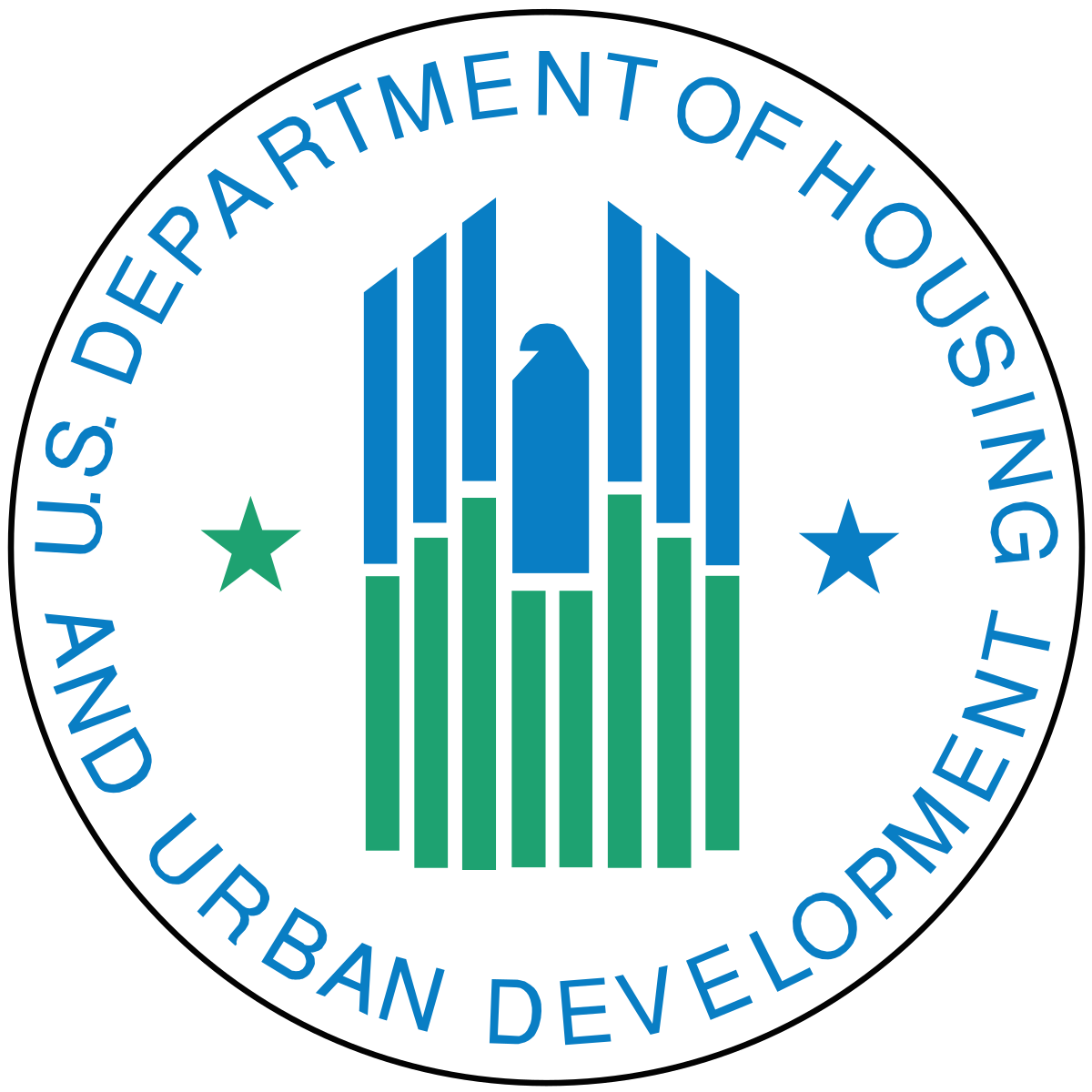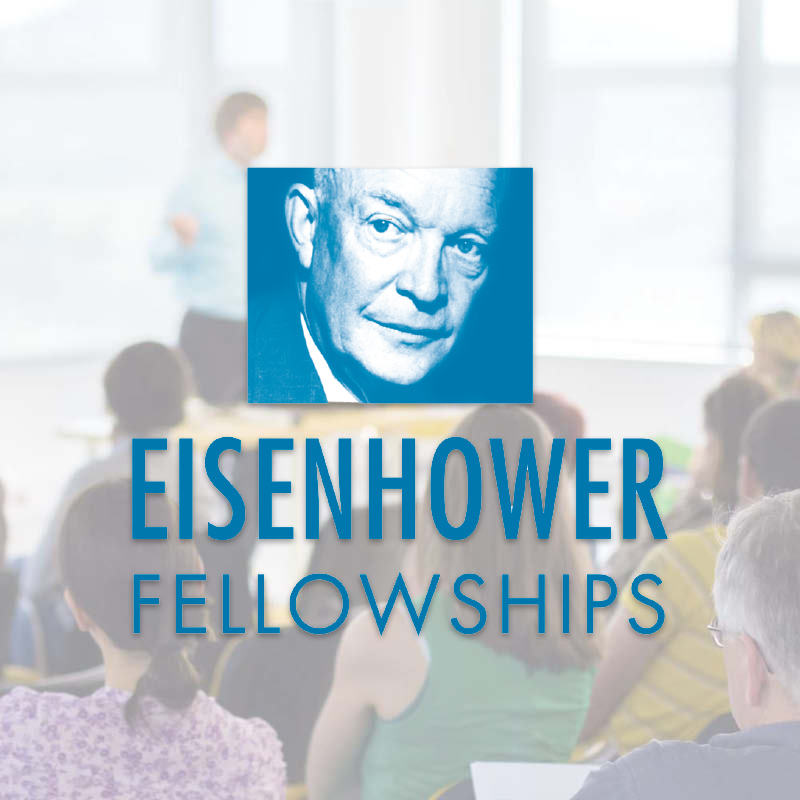Some more Lessons from Portland, Oregon
(Written during the 6 week Eisenhower Fellowship in the U.S. in 2012)
There are serious reasons for making Portland, Portland. The reason she attracts is her liveability. There can be different parameters for liveability. But the ones commonly understood are- easy transportation, relatively cheaper housing and cost of living, clean air, less congestion, opportunity for doing something socially meaningful, passionate, romantic and weird (which attracts ‘young creators’). There are problems too, when she attracts ‘homeless’ or when she does not offer too many jobs/economic opportunities. But she moves on to protect the mother nature, who, if well and protected, will take care automatically of her children- all living beings. Fascinating!
The Mecca of Social Entrepreneurs
Franklin Jones is a biker, who once biked for thirteen months at a stretch. He came to Portland few years ago and started a company called B-Line in 2009. B-Line is a fleet of few tricycles (battery operated and manual) which delivers products (bread, office products) to small and large businesses. The company shares the warehouse with few other companies. Every morning at around 8, the first trip of tricycles is out to deliver bread etc to small food carts, shops etc. These tricycles body/chasis is imported from England. However, the electric battery on it is a local Portland innovation. As is the big box on it. The company has thus benefitted Portlanders indirectly, besides providing direct jobs to about 5-10 people. The tricycles on their return also pick up stuff that may require storage. The capacities are thus fully utilised through around 3 trips every day. The company also makes a significant effort in transporting food (which is edible, but may not be good enough for selling) to homeless people. The B stands for many things- Bikes, bee-line, beer; specifically companies have to follow some parameters for social /environmentally relevant business to be part of B- Corporation.
How has this idea- which is now identified as one of the unique Portland’s innovations- struck to Franklin. Franklin has a friend in IT, who had shared with him the difficulty of ‘last mile connectivity’/outreach of data. He was also convinced of the ‘last mile gaps’ and the potential of ‘microbusinesses’. He had also in his tour to many Eastern countries witnessed the utility of cycle rickshaws/autos (tuk tuks) for last mile delivery, and the environmental and business sense (you can transport many products together) of it. He combined all this with his passion for biking, and B line was born. The tricycles are also a wonderful advertising tools for their clients.
Franklin looks at ‘clients’ as his ‘partners’ in this shared vision of a socio-environmentally useful business. There is a ‘mission alignment’ (much more likely in Portland!) with ‘environmentally conscious’ businesses. For e.g. on important client of B-Line is ‘Organically grown company’. It also attracts smaller clients who are trying to do things differently. (Portland thus has many businesses which do not make it very ‘big’, nationally or globally; but have their own models of fewer local employees for whom they do well- micro-breweries, apparel are case in point.)
B Line measures success by profit. But not profit alone. It measures it by people (in whom they invest) and planet (for which they care). They monitor the number of vans/trucks that they have displaced off the road, and hence the reduction in carbon footprint. Above all, they define success by the smiles they bring on the faces of people when they see B Line tricycles! (When we were able to collectively do school gardens, with swings, slides, see-saws, in about a thousand schools in Jalna, Maharashtra, India, a teacher had remarked in an open meeting with hundreds of school teachers-‘Sir, you are responsible for the smiles on the faces of thousands of children!’. That was perhaps the most satisfying moment in my career!)
Portland’s local government too is bit by the culture of environment friendliness. So B Line did not have to face any regulation for doing this business. In many ways, the local government rather facilitates the business of B-Line. For e.g. they provided them a loan through Portland Development Corporation. But they also indirectly help because the local government also mandates some regulations for other businesses such as carbon emission, sustainable development etc. making such businesses more likely to choose B- Line over other traditional gas-run big vehicles for their transportation needs.
Portland because of its policy emphasis on environment and sustainability also attracts land use planners, landscapists, architects such as Alta Planning + Design who have expertise in regional open space systems, non-motorised transport corridors, street car/light rail transit and waterfront redevelopment. The company, headquartered in Portland has offices in many cities of U.S. now.
Growing ‘big’ does not necessarily takes away focus from micro work!
Participatory Democracy- Office of Neighbourhood Involvement
Portland, OR is one place where public participation is institutionalised. And not recently; since the 70s. The city government has an independent bureau- Office of Neighbourhood Involvement (ONI) which has traditionally promoted community participation through Neighbourhood Associations (Resident Welfare Associations in India!). The Neighbourhood Associations (NA) in a district have a coalition (on whose boards, usually the NA’s representatives sit- the bottom up approach). ONI has recently through Community Connect (Mayor Potter, who was Mayor for 4 years re-enthused the community participation) introspected their model and come up with a strategic 5-year plan for a meaningful community empowerment, beyond the ‘public involvement necessary to serve the ends of public officials’. They have made conscious effort now to include traditionally ‘under represented groups’ such as ‘people of colour’, disabled, elderly and homeless. A lot of innovative programmes through ‘mini-grants’ have unleashed creative potentials of communities (time that we begin to become less wary of funds being mis-spent at the lower levels!). The ONI has also begun to work with the city government, to help them appreciate the advantages of community engagement. (The mind-set most difficult to change is ours!). They have also moved beyond the concept of community as only physical neighbourhood to its definition through common identity/common interests as well. They have realised that some people were not hard to reach-out to; their competencies in reaching out to them were limited. Besides reaching out, they are working towards development of leadership/participative skills amongst the communities and promoting interconnection with other organisations. Success to them is ‘the point where good community involvement becomes a necessary part of doing government business’.
This institutional model of community engagement has many lessons to offer. We are still looking at community involvement as a compulsion to serve the needs of some government programmes. That, kind of gives focus to the efforts. But is that the end, or creation of empowered people, who can then speak for themselves the end? Once we ask ourselves this question, the clouds fade away!
Directly elected Regional Government- Metro
Another uniqueness about Portland metropolitan area is that it has a regional government, Metro, that is directly elected by the people. This regional government brings the advantage of planning and addressing common issues of three counties and 25 cities. Leadership and data analysis are its key strengths.The council appoints a chief operating officer, who along with his team of experts, works out the regional plans and regional priorities as per the council’s directions. The funds to all the cities in relation to those areas are routed through the Metro, in accordance with the overall priorities as per the regional plan.
Rex Burkholder, a three-time Metro councillor has worked for twelve years in Metro. He has been able to ensure ‘budgeting for outcomes’ when it comes to transportation. As a non-expert, he is in a better position to ask questions. What is good transportation for people? When surveyed, they found that it meant safety, having enough choices and cleaner air for them! Then was wider roads (an engineer’s solution!) the right choice? Through such questions, he has given direction to the overall regional transportation policy. Being a biology teacher himself, he has felt that one big reason for insensitivity towards environment was that as children, we never get ‘exposed’ to and have a chance to fall in love with nature. He therefore initiated a Regional Conservation Education Plan, as part of which children of 6th grade would get an opportunity as an outdoor school programme to spend one week with nature.
Overall, the ‘climate change’ issue has been integrated in the overall planning process (waste management, material management, transportation, tree plantation); and that is Metro’s success.
The ‘directly-elected’ regional government may have political tensions when it works with the county/city governments. But overall, this seems to be a better system as it can independently look at the regional issues (without getting biased towards one’s own city) and provide direction.



